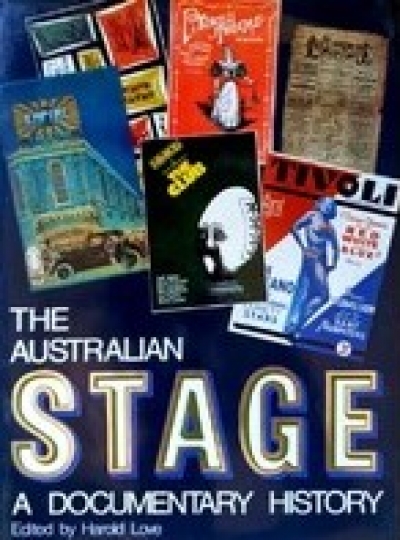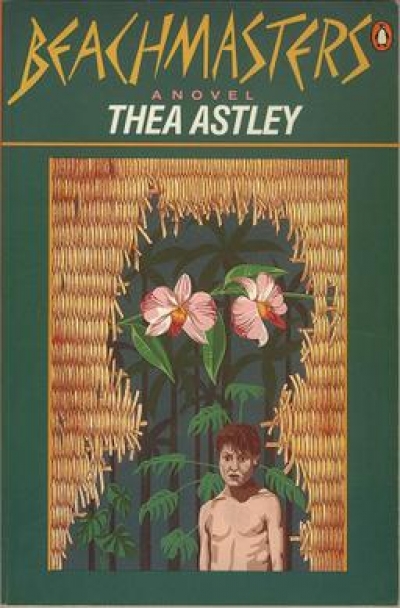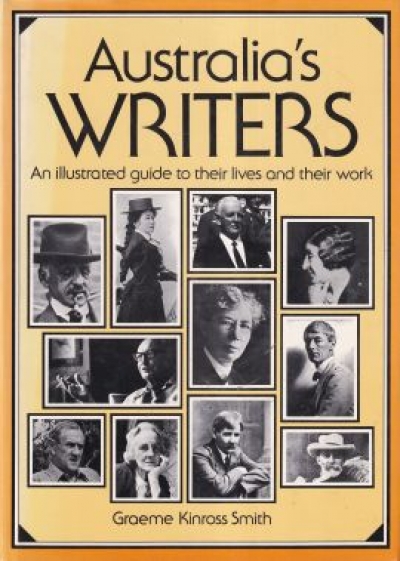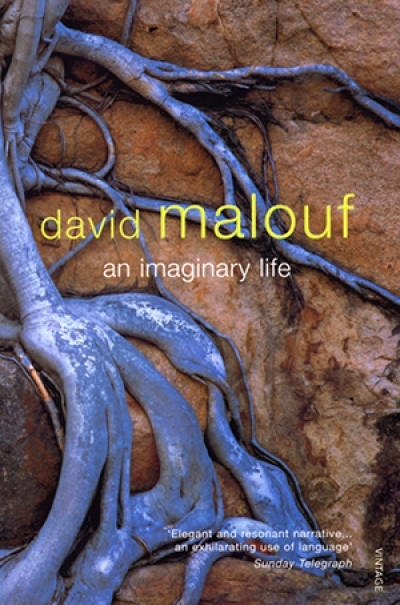Australian Literature
The Chief Justice of New Zealand opened his recent judgment on the attempts to suppress the book Spycatcher by Peter Wright with the comment that it was ‘probably the most litigated book in all of history’. That may be correct; although I suspect that the Bible may yet have a slight edge.
The Bible was probably the first book carried from the ships of the First Fleet when they anchored in Sydney Cove in January 1788. From reading the catalogue which accompanies this exhibition, I get the impression that the Rev. Richard Johnson – sent to this country by an organisation with the engaging name of the Eclectic Society – was rather like those annoying people who nowadays clamber aboard a jumbo jet struggling remorselessly on with the entirety of their worldly possessions. Johnson was just such a man. He carried with him no less than 100 Bibles, 350 New Testaments, 500 Psalters, 100 Prayer Books and 200 Catechisms – all made available to him by the Society for Promoting Christian Knowledge. Amongst his most precious possessions were twelve copies of Bishop Thomas Wilson’s An Essay towards an Instruction for the Indians. Sadly, guns and hangings all too soon quickly replaced words and books in the relationship between the newcomers and the indigenous inhabitants of the Great South Land.
... (read more)Survey | Kerryn Goldsworthy reviews the 1987 National Book Council Awards for Australian Literature shortlist
‘If you can’t say something nice,’ my mother always said, ‘don’t say anything at all.’ (I pinch this opening gambit, shamelessly, from Kate Grenville’s Self-Portrait in the last ABR, and hope she does not mind; imitation is the sincerest form etc.) Apropos of parental expectations regarding niceness-or-silence, however, I am reminded of a remark of Elizabeth Jolley’s: ‘I think my mother wanted a princess, and she got me instead.’
... (read more)The Australian Stage edited by Harold Love & Reverses by Marcus Clarke, edited by Dennis Davison
The Oxford Companion to Australian Literature edited by William H. Wilde, Joy Hooton, and Barry Andrews
Australian Writers: An illustrated guide to their lives and work by Graeme Kinross-Smith
While the reading of a book has become a solitary matter, its interpretation remains a convivial task which must be performed anew for each new reader, new age, and new country. The business of criticism is to help us in this task, and from a multitude of judgements to further our understanding of an author’s words for our time. The critic is therefore involved not only with books, but through them with the cultural problems of his society. Critical debates thus become debates about major social issues.
... (read more)






